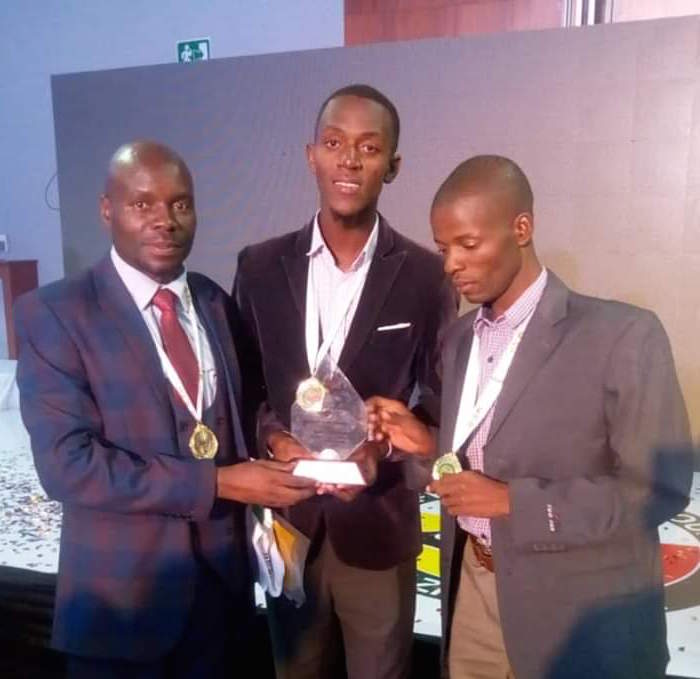By Byron Mutingwende
The African continent accounts for the highest percentage of the total world road accidents thereby negatively impacting economic growth, Senator Monica Mutsvangwa, the Minister of Information, Publicity and Broadcasting Services has said.
She made the remarks on the occasion of the 7th Edition of the Road Safety Journalistic awards ceremony held at the Cresta Lodge in Harare.
“It is shocking to learn that Africa, with about 20% of the total world vehicle population, accounts for 80% of the total world road crashes. Road traffic collisions result in deaths, injury, property damage and subsequent psycho-social, economic and physical suffering of innocent lives. The economic impact of road accidents is also a cause of concern,” Minister Mutsvangwa said.
It has been established that in low and middle-income countries, the cost of road traffic injuries is estimated at US$100 billion a year. Mutsvangwa said this money could be spent on hospitals and economic development. She revealed that road traffic injuries cost countries between 1% and 2% of their gross national product.
The minister alluded to the bus disaster involving General Bande bus and a heavy vehicle carrying timber, which occurred on the 18th of January 2020 as a sad example in which a total of 16 lives were lost while 60 others were injured.
She emphasised the importance of the media in the fight against road traffic accidents and urged journalists to highlight the level of driver errors causing road crashes, traffic congestion and any corruption associated with enforcement of traffic laws to be named and shamed.
Speaking at the same occasion, architect Joel Biggie Matiza, the Minister of Transport and Infrastructural Development called for adoption of a culture of road safety consciousness.
“We must all polish our attitudes and always be road safety conscious. The media are a key stakeholder in generating such thinking road users. People perish due to lack of knowledge. The media are a conduit of knowledge,” Minister Matiza said.
In Zimbabwe, there is a road traffic collision every 15 minutes. An average of 5 people lose their lives and 38 others are injured on the roads every day. Research shows that the age band most at risk of road traffic crashes is the 26 to 45-year group.
Minister Matiza added that the national target, as guided by the UN Decade for Road safety, is to reduce road traffic deaths by 50% by the year 2030.
In a speech read on his behalf, Senator Oliver Chidawu, the Minister of State for Harare metropolitan Province revealed that Harare records more than 50% of the total road traffic crashes in Zimbabwe. He called for partnerships and collaborations in line with Vision 2030’s Pillar 5, which encourages developmental cross-linkages in addressing road accidents.
The event was organised by the Traffic Safety Council of Zimbabwe in partnership with corporates like Econet Wireless Zimbabwe, CBZ Holdings, Nyaradzo Funeral Services, Mimosa Mine, the Postal and Telecommunication Regulatory Authority of Zimbabwe, Total Zimbabwe and the Civil Aviation Authority of Zimbabwe, just to mention a few.
The Best Road Safety Journalist of the Year in the Radio Category was Tobias Mudzingwa of Captalk Radio. The first runner-up in this category was Phillip Makazhu of National FM.
Elia Ntali was the best online traffic journalist of the year. Print media winners were Walter Mswazie from the Herald, Gibson Mhaka from the Chronicle, Cephas Shava from Tellzim, Nkoislathi Sibanda from the Chronicle and Clayton Shereni from TellZim.
Fortunate Muzarabani from the Chronicle emerged as the overall winner of the Traffic Safety journalist of the year award with first runner-up Elias Saushoma from Sunday News while Obey Sibanda from the same stable was the 2nd runner up.
Dr. Gift Machengete, the Acting Chairman of the Traffic Safety Council of Zimbabwe urged stakeholders to continue upholding safety on the roads and tap into modern technologies in combating road carnage.
